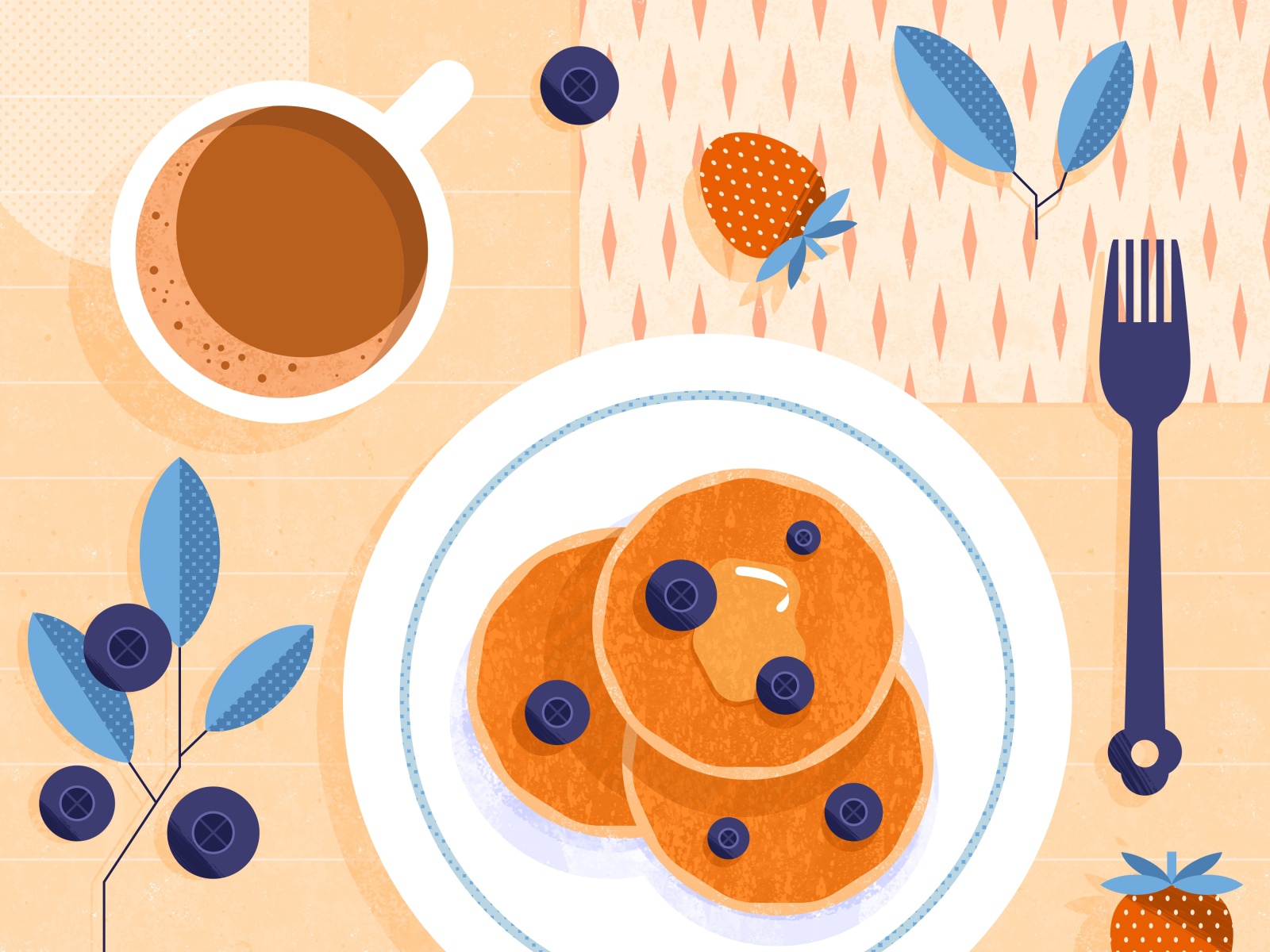A friend of mine brought up an interesting idea: “coffee tastes better in the bigger cup”. There were two cups: one of them being a regular sized coffee mug, and the other one was just slightly wider, slightly taller, and slightly thicker. For practical reasons, let’s just name them “small cup” and “big cup”. He argued that, although nothing changed in the nature of the coffee he poured in these mugs, the experience obtained by drinking from each one of them was completely different. Same milk, same coffee, different cup, and most importantly: a completely different outcome. My friend discovered that his mornings could be significantly improved just by choosing the right coffee cup.
For coffee fans like me, a good coffee leads to a good morning, good morning leads to a good attitude, and good attitudes make us more productive. As Daniel Kahneman states in his book Thinking Fast and Slow; when we find ourselves in a good mood our brain relaxes, and as a consequence we tend to be more creative and productive. When we achieve our goals we feel fulfilled, proud, and for the time being, we are also happier. All of that just by choosing the right cup.
The moral of the story is not about coffee, though. It does not matter if your daily coffee consumption exceeds healthy caffeine doses, or if you rather avoid it. Just put yourself in my friend’s shoes for practical purposes: he found this one seemingly insignificant detail that improved his mood and had a positive effect on his overall performance. With little effort he achieved a relevant change.
This is what we call a leverage point: an area -of our lives, in this case- that can bring significant changes without a proportionally smaller effort. Ideally, the more of these we can find, the most efficient and productive we will be.
Keep in mind that most leverage points in our life have a bigger impact than the coffee cup example -and also require a more significant attitude shift. Leverage points can be found in the activities we devote time to, the people we spend time with, and even the public transportation route we decide to take. Being productive is about identifying as many leverage points as we can in our routines; it is not about working harder, but about working smarter.
In that same line of thought, finding activities that fulfill several of our needs simultaneously is an interesting type of leverage point. According to Tal Ben Sahar, a positive psychology professor at Harvard, there are three categories for the type of activities which should fill up our time: meaningful activities, hobbies for which we are talented and we excel at, and finally those which bring us satisfaction. It is a very useful exercise for each of us to identify which are these in our lives. However you prefer to do it, either with three lists, or a Venn diagram, just listing those things which are significant, satisfactory, and fulfilling can be very eye opening.
In Tal’s opinion, finding elements in common among these three categories can help us shape the path we aim to take for our lives. When something coincides in two categories, we can find hobbies, side jobs, and areas of interest and strength which we could aim to improve. However, the magic key ideally relies on those that are common among the three
lists. If we are able to find something that is meaningful for us, something which we enjoy doing, and that we also excel at, then probably we will be contributing to our own productivity and most importantly, to our happiness.
Although this may sound easy in theory, obviously -and I include myself- it is very common to be skeptical about the whole idea. Anyhow, let’s try not to lose hope. Let’s think with the marathon mindset, rather than the sprint. Start with your activities of today, and progressively step up the exercise to a projection of yourself in the future.
And again, being productive is not about squeezing the biggest amount of tasks in the smallest time frame possible. Being productive is about being clever with our leverage points. We can find ways to be happy, proud, and useful simultaneously if we give ourselves the chance to tailor our path and our process. It is about finding our own big cup. Next time you open the kitchen pan, make sure to invest the necessary energy in making the best mug decision, rather than saving it for the draining forecast of your day.









